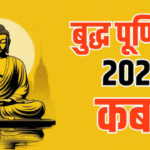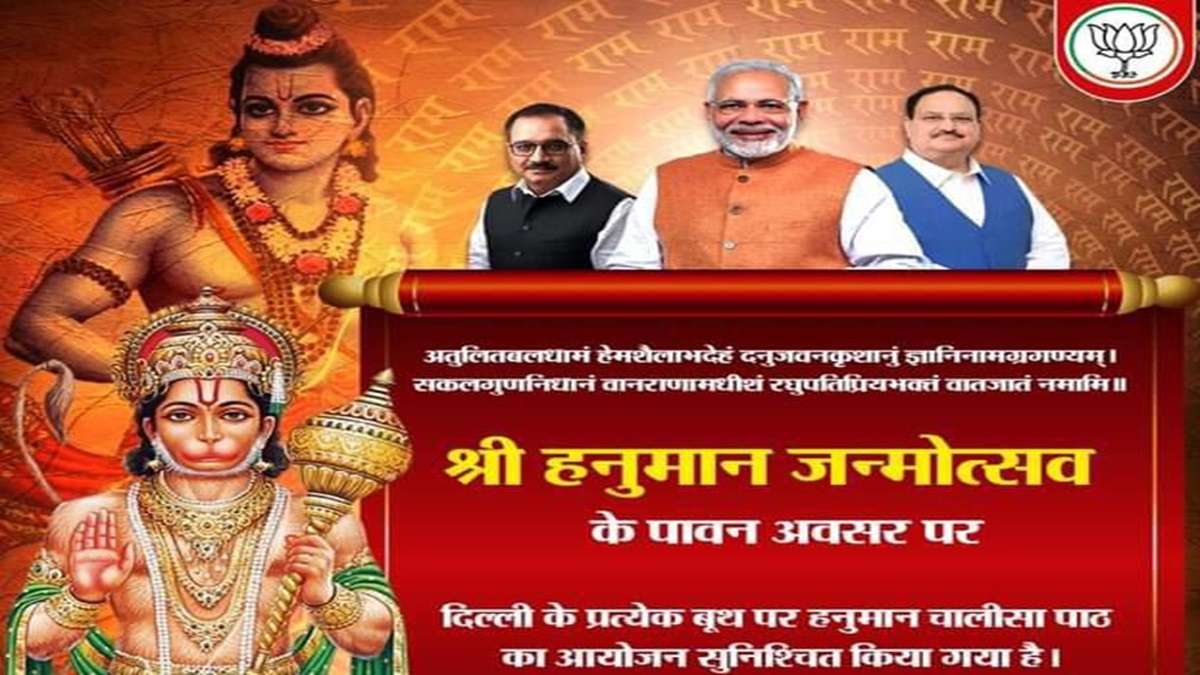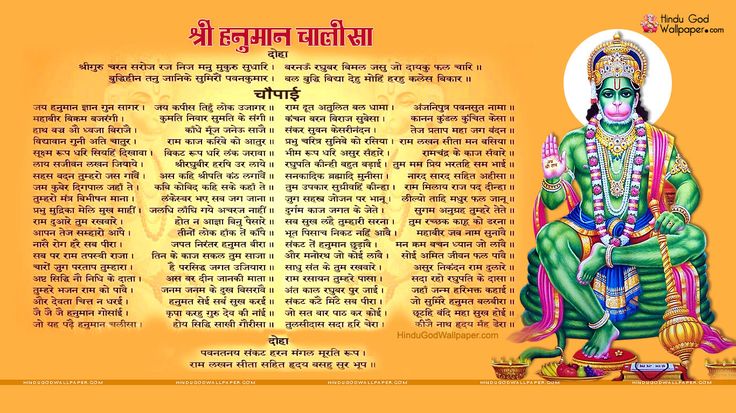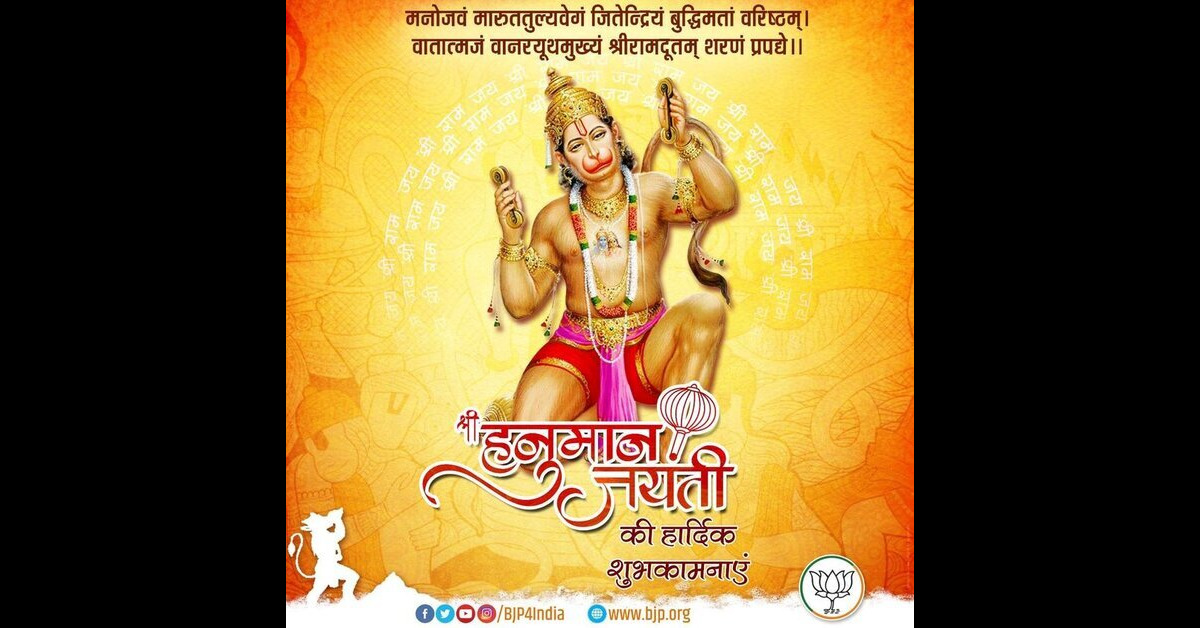Amidst the hustle and bustle of the delhi roads, among the symphony of the concrete jungle is an inciting spirit as they Bharatiya Janata Party (BJP) embarks on a large offering. Together with the stirring of the emotions and seeking votes at the same time, the Court has organized a huge Hanuman Chalisa recitation events on the auspicious occasion of Hanuman Janmotsav, crossing the line between religion and politics, in the more than 13,000 polling booths. This confluence of these two important dimensions ie spirituality and the civic, provides an insight into the intimate and complicated relationship that goes on between culture, religion and governance in india’s capital city.
The Hanuman Chalisa, a hymn jamu-jando awo Hanuman, is one of the most important Sanskrit texts in Hindu mythology and its spiritual practice. Apoorva Ramayana, authored by the religious poet Tulsidas, eulogizes the virtues and adventures of the one who has always been the object of the faithfulness of the people Hanuman, a divine deity regarded for his absolute devotion, energy, and courage. Chanting the Hanuman Chalise is a purported way to allure the blessings of Hanuman, thus being a source for protection, prosperity and fullness of soul.
While these economic and political issues unfold, the idea of BJP in conducting Hanuman Chalisa recitation in all polling booths in Delhi makes it feel quite close to the city’s fabric of religious and cultural identity. Rather than focusing on individual support, the party will wield the might of the community through public prayer and rituals, thus creating a national spirit of unity, harmony, and spiritual elevation, without regard to caste, clan, or political ideology.
The decision to offer the Hanuman Chalisa recitations at the polling booths is a crafty move, as it tests BJP’s ability to build up their connections with the voters before they lock the battles for the elections. A city like Delhi that is a cosmopolitan and politicized core where the politics of identity are dominant proves to be, more than anything else, a source of the symbolic resonance which is so efficiently used to mobilize the masses and unite them on common grounds.
In addition, with the BJP’s motto of huge recitations of Hanuman Chalisa, this is also in line with their programs of promoting Hindu culture and nationalism. The party has a goal to show the people that their cultural and religious heritage for the Indian society and at the same time, make itself distinguishably different as the Hindus’ leader and molder. It, thereby, relates the process towards the religious feelings and cultural morale of Indian society, and by this, it becomes more effective in gaining political advantage.
Nevertheless, the BJP Hanuman Chalisa recitation conferences have done themselves no favors by being a subject of criticism. Critics allege that making use of religion in a flagrant manner in politics makes a dent in the substructure of the Indian secular democracy and props up the separatist strains. Minority religious groups, in particular, brand this type of agenda as religious politicization and consequently, the voter split along some religious fault lines w/h the possibility of Hindus being consolidated on the detriment of religious minorities.
There is also a fact that BJP party involved in the ritual of Hanuman Chalisa for political purposes that gives a question to the sanctity of religious ceremonies as well as the significance of spirituality in the public places. On the one hand, the party brass argues that it shows its commitment and respect towards the traditions and the myths, while from the other side the opponents accuse the movement of emptying the sacred ceremonies from their contents in order to turn them into political shows aimed at gathering supporters.
It is in the context of these debates and controversies that BJP’s chanting of Hanuman Chalisa at the focal point finds a place in the study of religion and politics in the present India.. Religiouns limit of Western civilization was the mixing of government and faith, and long-lastinng effect of religious heritage in defining political conduct and inspiring public opinion.
With the finale of the BJP’s mega Hindu religious event across Delhi which happened during the ongoing polling stints, it is clear that in India which is a lively democracy politics converges with faith. However they can also be a source for spiritual intercommunication and cultural performance and identify ethical questions about religion in public realm and limit of political mobilization. As the capital city of India, Delhi will soon hold its own elections. However, it is the recitations of the Hanuman Chalisa that fade beyond the political landscape, portraying the lasting influence of the God beliefs and brotherhood on the overall thinking system of the country.







